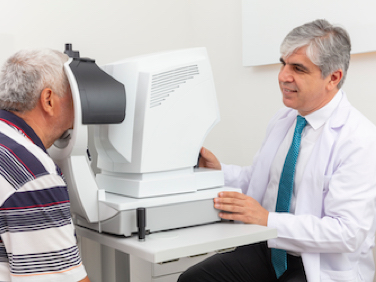Vision Surgery
Cataract and Cataract Surgery Facts and Myths
time to read 5 minutes
Myths
Facts



SURGEON DISCUSSION GUIDE
You have options when it comes to your intraocular lenses. Lead the conversation with your doctor to understand the cataract lens choice that’s right for you.


FIND A CATARACT SURGEON NEAR YOU
Use the Practice Locator tool to locate a surgeon near you who offers a range of cataract lens options.


CHECK YOUR CATARACT UNDERSTANDING
Have you or your loved one been diagnosed with cataracts? Take this quiz to check if you know enough about cataracts and cataract surgery.
29 https://www.ncbi.nlm.nih.gov/pmc/articles/PMC2992154/
30 https://www.mayoclinic.org/diseases-conditions/cataracts/symptoms-causes/syc-20353790
32 Retina Today, July/August 2010
33 https://www.ncbi.nlm.nih.gov/pmc/articles/PMC5100468/. https://www.hopkinsmedicine.org/health/treatment-tests-and-therapies/cataract-surgery. https://journals.lww.com/co-ophthalmology/fulltext/2013/01000/postoperative_care_in_cataract_surgery.13.aspx